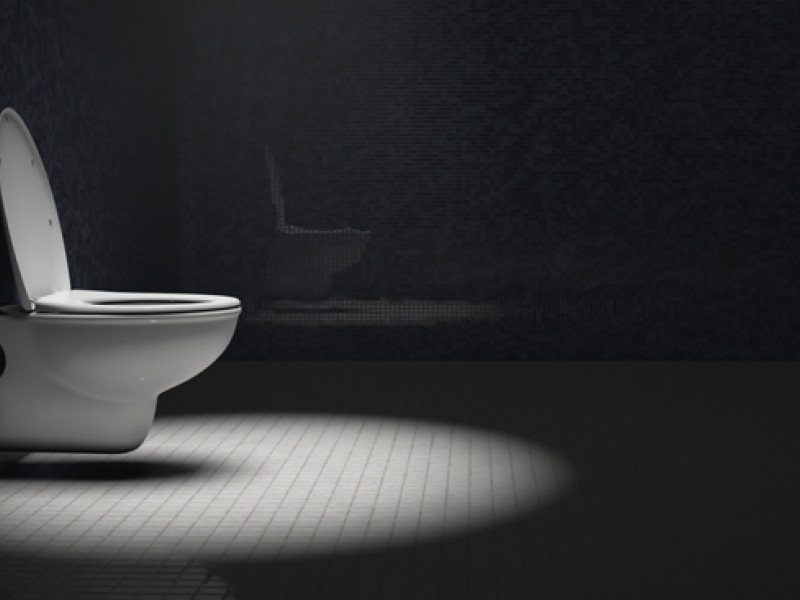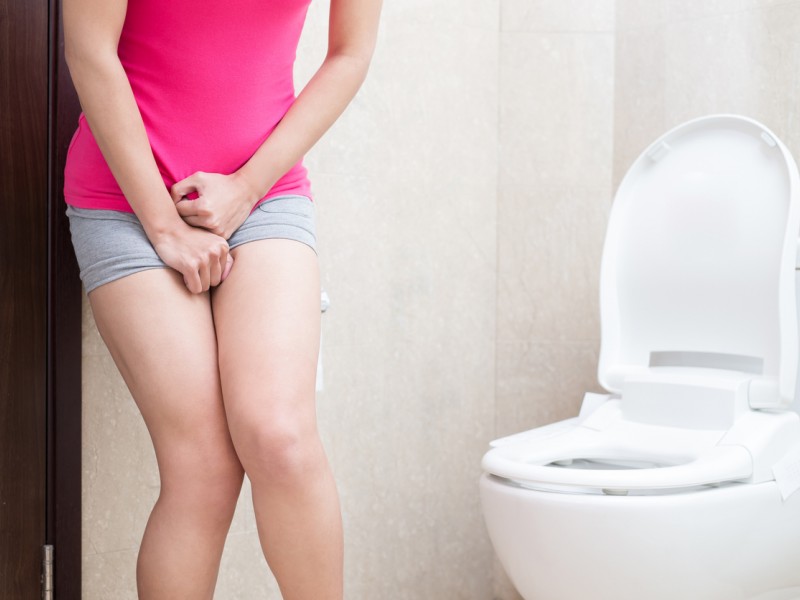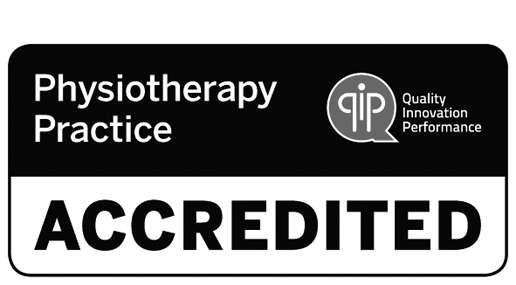For those assigned female at birth, sport and exercise is more than just a way to stay healthy—it’s a source of joy, connection and empowerment.
We see many peri and post-menopausal women experiencing bladder problems and painful sex, but there are many more bothersome symptoms. Kath Tsebelis is a Physiotherapist, Pilates & Fitness instructor, Nutritionist and Certified Menopause Coach.
At Women’s & Men’s Health Physiotherapy we focus solely on restoring pelvic health, empowering every person to live their best life. This often involves introducing or modifying movement practices and general exercise as they both result in numerous physical and psychological benefits. Unlike many other Pelvic Health Physio practices, we don’t offer Pilates or other movement classes. This means we can support our patients to explore what will work best for them without any bias.
Vulvodynia is a chronic pain condition affecting 8-16% of women at some point in their lives(1). People with vulvodynia experience pain, burning or discomfort in the vulval area, which can include the inner and outer labia (lips) of the vagina, the clitoris, the opening of the vagina and its glands, the opening of the urethra, and the pubic area. Vulvodynia is the most common cause of painful sex prior to pre-menopause(1) and has a profound impact on the quality of life of those impacted.
No one wants to experience bladder or bowel incontinence, rushing to the toilet or difficulties emptying, prolapse, pelvic pain or pain with sex. Unfortunately, these issues are common across all genders and substantially impact physical, emotional, social and financial health and wellbeing. There is often associated stigma, leading to people suffering in silence, thinking it is normal or that nothing can be done to help.
In Australia, over 7.2 million Australians are affected by urinary leakage or incontinence – 2.4 million men and 4.8 million women. That’s a staggering 1 in 3 women and 1 in 10 men having difficulty controlling their bladder.
Waking overnight to urinate, also known as nocturia, can be annoying and frustrating, resulting in you feeling tired and unrefreshed. Many people assume urinating overnight is a normal part of ageing, but this isn’t necessarily true. Nocturia may be a sign of other underlying health problems.
Every day, we speak with people who seek our support regarding painful sex. Often their stories include fear, confusion and a poor understanding of the vulva, clitoris and vagina. Many people hold unhelpful beliefs and perceptions of what is and isn’t normal.
What Is Pregnancy Related Pelvic Girdle Pain (PPGP)?
PPGP is pain in the buttock area or sacro-iliac joints (SIJs), the area of the back where the spine joins the pelvis and/or the pubic symphysis (where the pubic bones join together at the front). Sometimes the pain may also be felt in the back of the thigh. People with PPGP often have pain and difficulties with standing, walking, sitting and changing positions (eg rolling over in bed, getting up from a chair). It can have a significant impact on quality of life, ability to work throughout pregnancy and can cause substantial disability.
Overactive bladder (OAB) is a common condition affecting up to 10-20% of men & women, affecting people of all ages, with most over the age of 40. It is under diagnosed and under treated because people incorrectly assume it is an inevitable part of ageing or nothing can be done to help.














